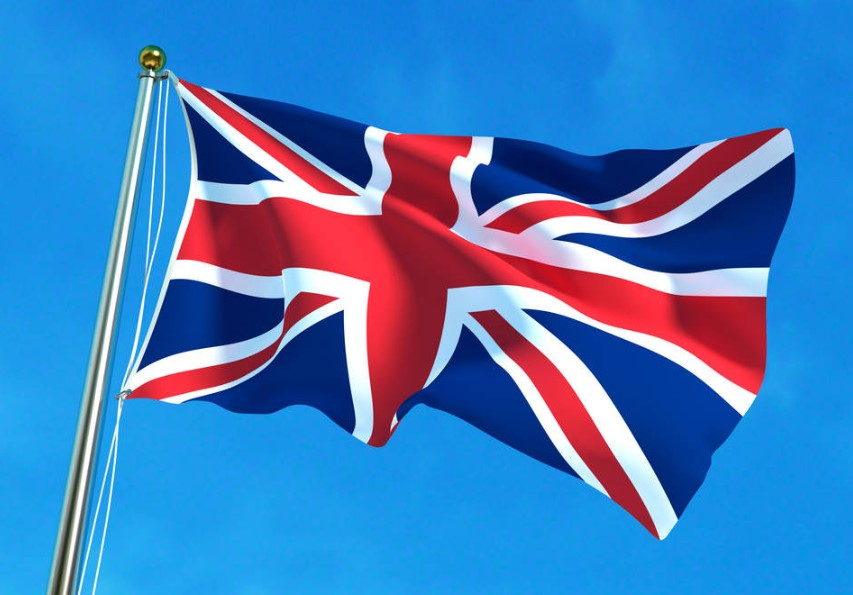April 22, 2025
The UK government faces sharp criticism for policies allegedly undermining the tourism industry, with a new report highlighting a £2.2 billion shortfall in international visitor spending in 2024 compared to pre-pandemic levels. The World Travel and Tourism Council (WTTC), in collaboration with Oxford Economics, found that tourists spent £40.3 billion in the UK last year, a 5.3% decline from the £42.5 billion recorded in 2019. This drop contrasts with global tourism recovery trends, prompting accusations of deliberate policy missteps.
Policy Barriers Blamed for Decline
Julia Simpson, WTTC president and former adviser to Tony Blair, attributed the spending slump to “deliberate policy choices” creating “barriers to travel.” Key measures include:
- Scrapping Tax-Free Shopping: The removal of VAT refunds for international visitors, implemented in 2021, has made the UK less attractive for high-spending tourists. Retailers, including Burberry’s CEO, argue this puts the UK at a competitive disadvantage compared to EU countries offering tax-free shopping. A 2023 CEBR report estimated reinstating the scheme could boost tourist spending by £3.9 billion annually, offsetting VAT losses through other tax revenues.
- Increased Air Passenger Duty (APD): Higher APD rates, effective April 1, 2024, have raised travel costs. This tax hike, combined with a 23.5% rise in consumer prices since 2019 (outpacing Eurozone and US increases), has dented the UK’s price competitiveness. Tourist-specific sectors like accommodation (+35.8%) and airfares (+47.6%) saw even steeper price surges.
- Electronic Travel Authorisations (ETAs): Introduced on April 2, 2024, the £10 ETA requirement for non-Irish European visitors (set to rise to £16) adds bureaucratic and financial hurdles. Critics argue this deters spontaneous travel, unlike visa-free EU destinations.
- VisitBritain Budget Cuts: A 44% cut to VisitBritain’s promotional budget, reducing it to £10.57 million from £18.85 million, has hampered efforts to market the UK globally. Simpson emphasized the need to “sell the UK” through cultural icons like Harry Potter and Jane Austen to attract visitors to regions beyond London.
Simpson told PA News: “We’ve not got back to where we need to be, whereas the rest of the world has. The UK is losing value share compared to other European partners.” She urged Prime Minister Keir Starmer to lead tourism initiatives, citing examples from France and Spain, rather than leaving policy to a Treasury focused on tax revenue.
Economic Context and Impact
Despite the spending drop, tourism contributed £286 billion to the UK economy in 2024, up 3.9% from 2019, supporting 4.2 million jobs. However, visitor numbers remain 5-7% below 2019’s 40.9 million, with 38.7 million projected for 2024. Cities like Brighton (-32%), Newcastle (-26%), and Oxford (-23%) saw significant tourism declines.
The UK lags behind European competitors, where visitor numbers have surpassed pre-pandemic levels. Factors like a stronger pound against the euro and yuan further reduce the UK’s appeal by lowering tourists’ purchasing power.
Shadow Culture Secretary Stuart Andrew accused Labour of “punishing” tourism through job taxes, reduced business rates relief, and a proposed Welsh tourism tax, which could further strain small accommodation providers.
Government Response
A government spokesperson defended the UK’s tourism appeal, noting it remains “one of the most visited countries in the world.” They highlighted plans for a National Visitor Economy Strategy this autumn, aiming to attract 50 million annual visitors by 2030—a 21% increase from 2024. The GREAT Britain & Northern Ireland campaign was cited as a key tool for regional growth.
Critical Perspective
While the WTTC and industry leaders blame government policies, some argue the decline reflects broader issues. Lingering post-Brexit perceptions, as hinted in X posts, may deter EU visitors, though data lacks direct causation. Global travel caution, economic pressures, and competition from recovering destinations like France (108% of 2019 spending) also play roles. The government’s focus on fiscal recovery, evidenced by Chancellor Rachel Reeves’ July 2024 audit revealing a £22 billion overspend, may explain its reluctance to reinstate tax-free shopping or cut APD.
Outlook
The £2.2 billion shortfall underscores the UK’s struggle to regain its tourism edge. Reinstating tax-free shopping appears a viable solution, with potential to exceed the spending gap, but requires Treasury buy-in. Without policy reversals, the UK risks ceding further ground to European rivals. The upcoming National Visitor Economy Strategy will be critical in addressing these challenges and restoring tourism’s economic vitality.
Sources: The Guardian, The Independent, Express.co.uk, CEBR, Forbes, PA News
